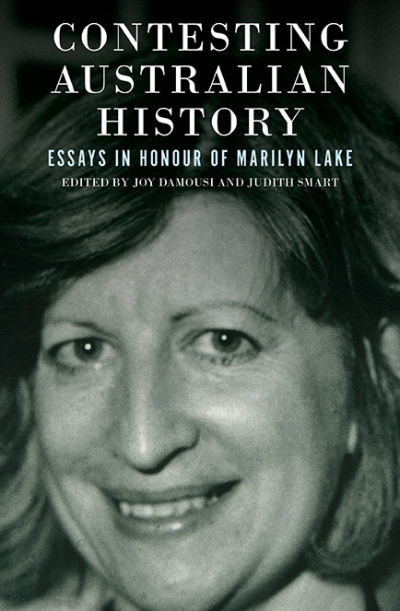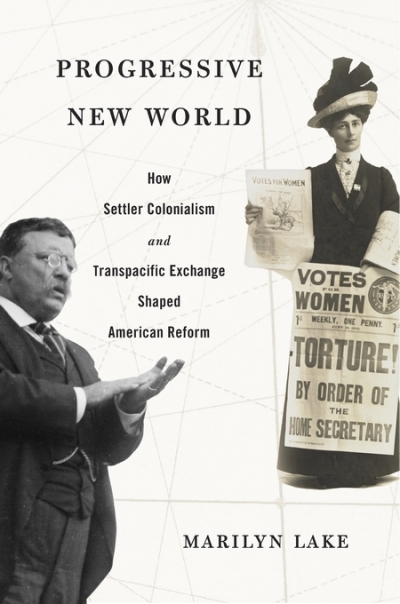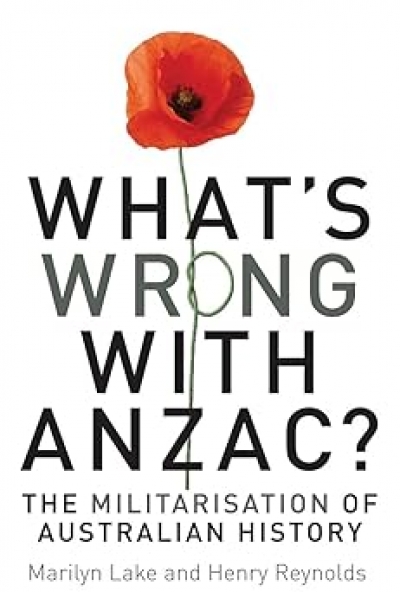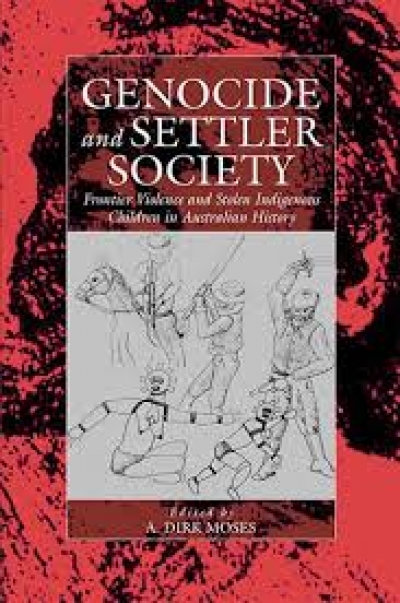Marilyn Lake
Contesting Australian History: Essays in honour of Marilyn Lake by Joy Damousi and Judith Smart
by Christina Twomey •
Progressive New World: How settler colonialism and transpacific exchange shaped American reform by Marilyn Lake
by Ian Tyrrell •
To celebrate the best books of 2017 Australian Book Review invited nearly forty contributors to nominate their favourite titles. Contributors include Michelle de Kretser, Susan Wyndham, James Ley, Geordie Williamson, Jane Sullivan, Tom Griffiths, Mark Edele, and Brenda Niall.
... (read more)What’s wrong with Anzac? The militarisation of Australian history by Marilyn Lake and Henry Reynolds (with Mark McKenna and Joy Damousi)
by Robin Prior •
Drawing the Global Colour line: White men’s countries and the question of racial equality by Marilyn Lake and Henry Reynolds
by Warwick Anderson •
Memory, Monuments And Museums: The past in the present edited by Marilyn Lake
by Paul Brunton •
Genocide and Settler Society: Frontier violence and stolen Indigenous children in Australian history edited by A. Dirk Moses
by Marilyn Lake •









